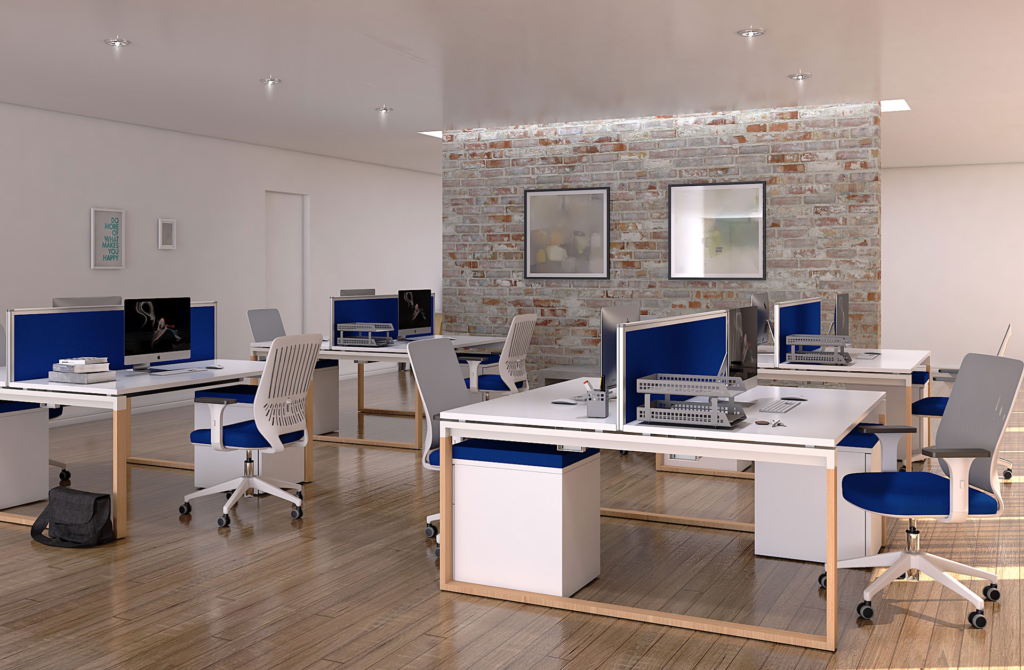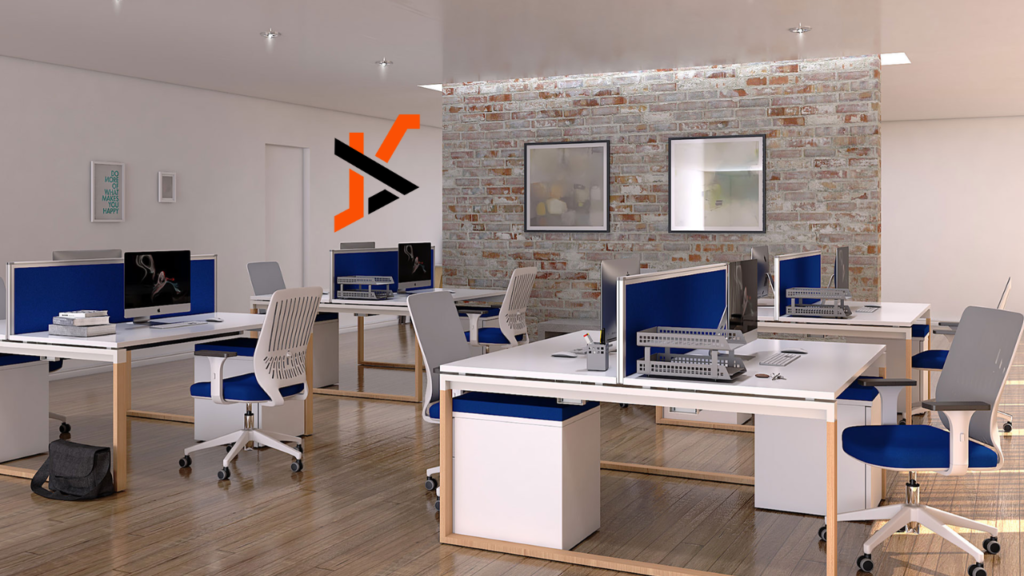Selecting the right desk system for your workspace can significantly impact your productivity, comfort, and overall well-being. With so many options available, the decision-making process can become overwhelming. However, understanding the key elements to consider can make this choice more manageable. Whether you’re working from home or in a traditional office, your workspace should reflect your personal style and functional needs.
To start, assessing your specific requirements is essential. Do you need a desk system that accommodates multiple monitors? Are you looking for something that can easily transition between sitting and standing? Identifying your priorities can help narrow down the options. For instance, if you’re often on calls or video conferences, investing in a desk with built-in cable management might be beneficial to maintain a tidy and professional appearance.

Evaluate Your Space
Before diving into specific desk systems, take a moment to evaluate your available space. Measure the area where you plan to set up your desk. Consider factors such as the height of the ceiling, proximity to natural light sources, and the overall layout of the room. A spacious area can accommodate larger desks or systems with additional components like shelves or filing cabinets. Conversely, in a compact space, you might want to opt for a minimalist desk that maximizes functionality without overwhelming the environment.
Additionally, think about the aesthetic appeal of your workspace. The right desk system should complement your existing decor. From modern to traditional designs, there are countless styles to choose from. Whether you prefer sleek lines and a contemporary finish or something more rustic, the options are nearly limitless. Remember that a cohesive look can enhance your mood and motivation, fostering a more productive atmosphere.
Consider Ergonomics
The importance of ergonomics cannot be overstated when selecting a desk system. Long hours spent working can lead to discomfort and even chronic pain if your setup isn’t optimized for your body. Look for desks that offer adjustable heights, allowing you to switch between sitting and standing as needed. This flexibility can alleviate strain on your back, neck, and wrists.
Moreover, consider the layout of your desk. Ensure that your keyboard and monitor are positioned at eye level to prevent straining your neck. An ergonomic chair is also a crucial component of your workspace. Choose one that offers adequate lumbar support and encourages good posture. Prioritizing comfort in your workspace can lead to improved focus and productivity.
Choose the Right Materials
Desk systems come in various materials, each offering distinct advantages. Wood, for instance, provides a classic, warm aesthetic and durability. Metal desks can deliver a modern, industrial look, while glass surfaces can add a touch of elegance. When selecting materials, consider their longevity and how well they align with your style.
Additionally, think about maintenance. Some materials require more upkeep than others. For example, wooden surfaces may need occasional polishing, while glass can be prone to fingerprints. Finding a balance between beauty and practicality is key to making a choice that suits your needs.

Assess Storage Options
Effective organization is crucial for maintaining a clutter-free workspace. Desk systems that incorporate storage solutions can help keep essential items within reach while minimizing distractions. Look for desks with built-in drawers, shelves, or cabinets to store documents, office supplies, and personal items.
Open shelving can also be a fantastic way to display decor or essential books, adding character to your workspace. However, be mindful of how you utilize these storage options. Keep only what you need nearby and store away items that might clutter your desk. A well-organized workspace can promote a sense of calm and clarity, allowing you to focus on your tasks at hand.
Personalize Your Workspace
Finally, don’t forget to add personal touches to your workspace. Incorporating elements that reflect your personality can make your environment feel more inviting and inspiring. This could include artwork, plants, or motivational quotes that resonate with you. Creating a workspace that feels uniquely yours can foster a sense of belonging and boost your morale.

